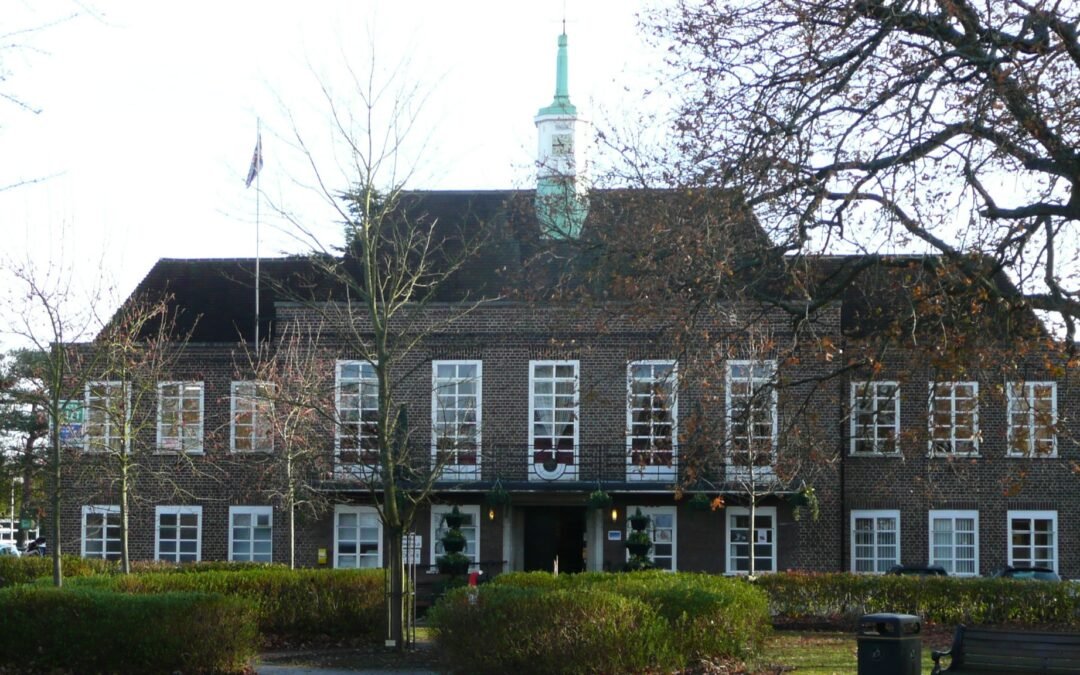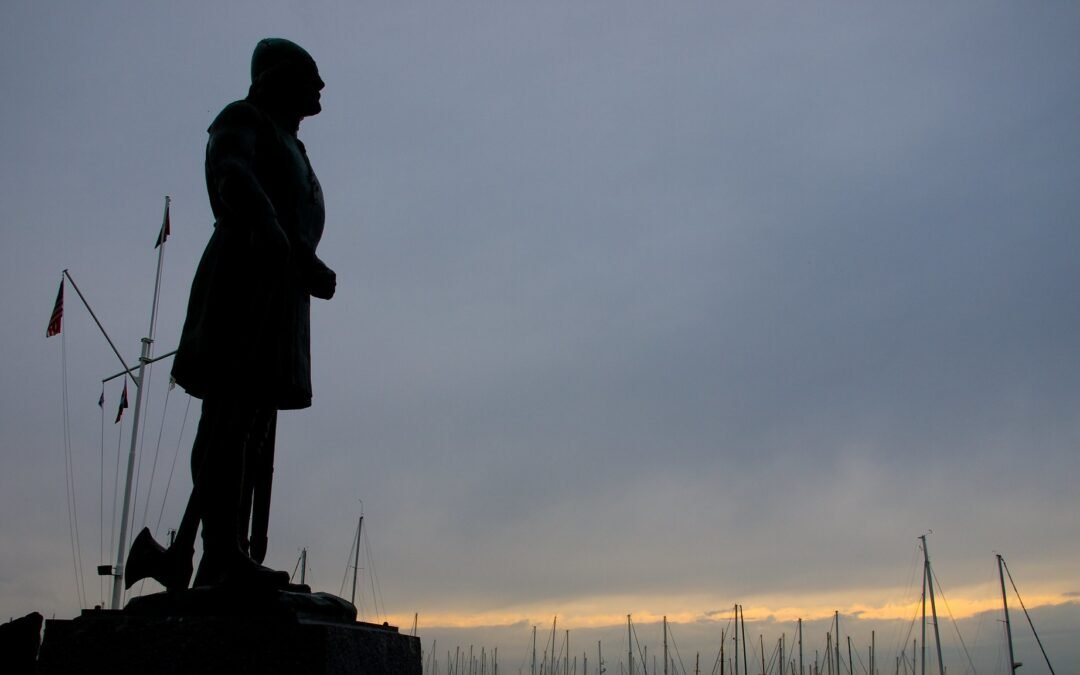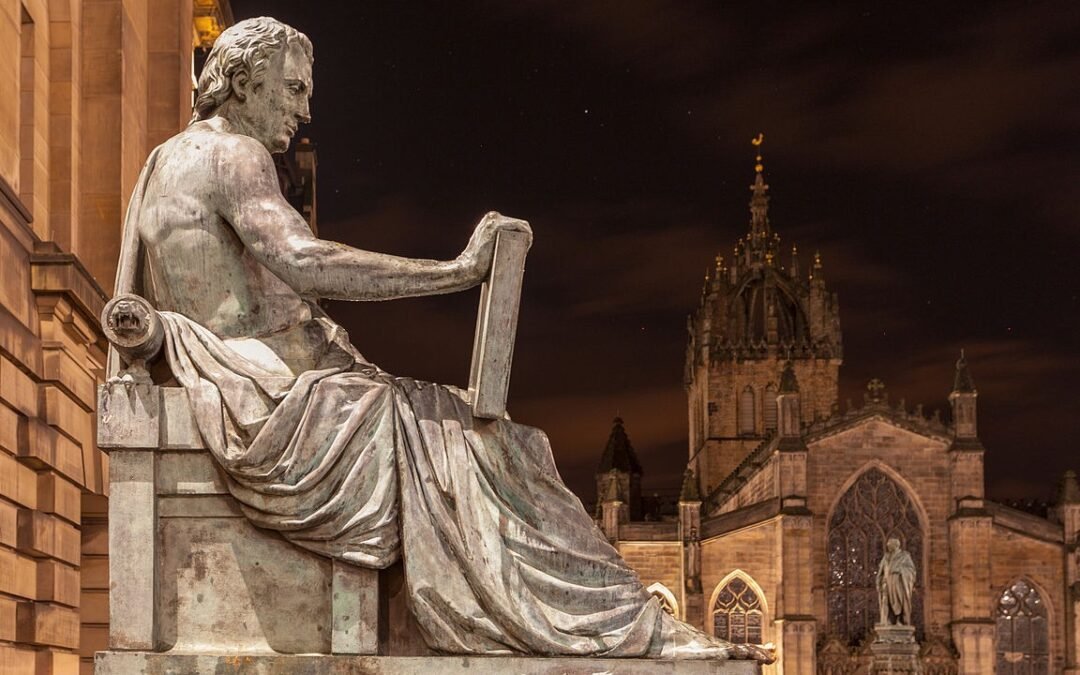The End of Enlightenment:
Empire, Commerce, Crisis
Prof Richard Whatmore,
School of History, University of St Andrews
Date: 17th of December 2025
Time: 20:00
Venue: Zoom
The Enlightenment is popularly seen as the Age of Reason, a key moment in human history when ideals such as freedom, progress, natural rights and constitutional government prevailed. In this radical re-evaluation, historian Richard Whatmore shows why, for many at its centre, the Enlightenment was a profound failure.
By the early eighteenth century, hope was widespread that Enlightenment could be coupled with toleration, the progress of commerce and the end of the fanatic wars of religion that were destroying Europe. At its heart was the battle to establish and maintain liberty in free states – and the hope that absolute monarchies such as France and free states like Britain might even subsist together, equally respectful of civil liberties. Yet all of this collapsed when states pursued wealth and empire by means of war. Xenophobia was rife and liberty itself turned fanatic.
About the speaker:
Richard Whatmore is Professor of Modern History at the University of St Andrews and Co-Director of the Institute of Intellectual History. He is the author of several acclaimed contributions to intellectual history and eighteenth-century scholarship, including The History of Political Thought, Terrorists, Anarchists and Republicans and Against War and Empire.
Image attribution – “File:DavidHume.jpg” by Bandan is licensed under CC BY-SA 3.0.
OTHER EVENTS

A Historical Tour of Beaconsfield – LIVE
Date: 17th of June 2026
Time: TBC
Venue: TBC
Speaker: David Green
David Green has been leading walks for the Bucks Historical Association since he was the Historic
Landscape/Townscape Characterisation Officer for Bucks County Council. This year he will be taking
us through the historic town of Beaconsfield.

The Search for American Vikings: Untangling Myth from Reality (Preceded by AGM)
Date:15th of Ocotober 2025
Time: 20:00 (19:35 for AGM)
Venue: Zoom
Speaker: Martyn Whittock, Independent Researcher and Author
For a thousand years, Norse sagas (written in 13th-century Iceland) claimed that Vikings migrated from Greenland to reach a land to the West called ‘Vinland.’ It was, and is, a claim that stimulates the imagination and controversy, for it insists that Vikings influenced lands very far from Scandinavia. In this talk – based on my book American Vikings: How the Norse Sailed into the Lands and Imaginations of America – I explore the evidence for this in the literary sources and archaeology (most notably on Newfoundland); claims regarding runestones ‘discovered’ in the USA; and the way this idea of ‘Vinland Vikings’ has fed into the cultural DNA of North America and especially the USA. In recent times that has led to their co-option by the US far-right as seen in the ‘Unite the Right’ rally at Charlottesville (2017) and on January 6th at the US Capitol. This talk will explore both the evidence for Norse settlement in North America and why it became (and remains) so important in the ‘deep story’ of contested US identities.

The African Emperor: The Life and Times of Septimius Severus
Date: 19th of November 2025
Time: 20:00
Venue: Zoom
Speaker: Dr Simon Elliott, Managing Director, Sentinel Communications
Septimius Severus was Rome’s black emperor. Born in the blistering heat of a North African spring in Leptis Magna, AD 145, he died in the freezing cold of a northern British winter in York in AD 211. A giant of an emperor, whose career can be counted in superlatives, Severus was in power at the height of Rome’s might. He led the largest army to ever campaign in Britain, comprising 50,000 men, part of a Roman military establishment which peaked at 33 legions under his rule.
